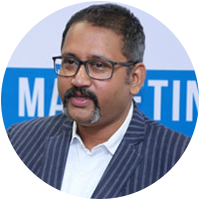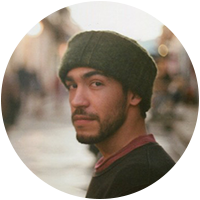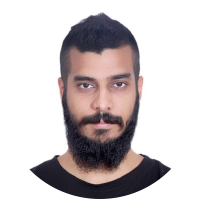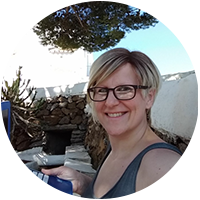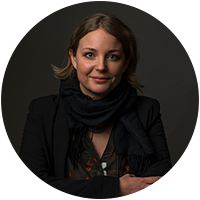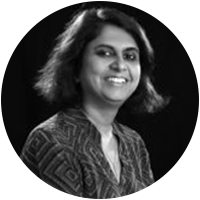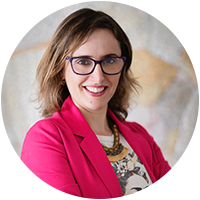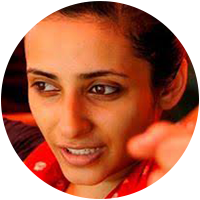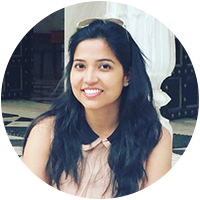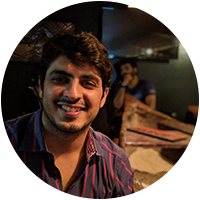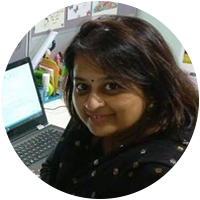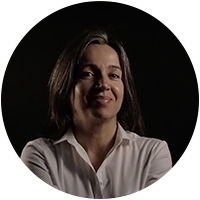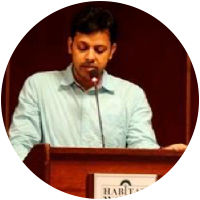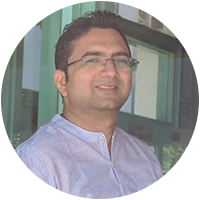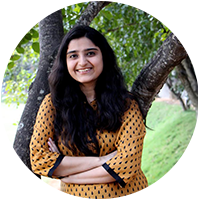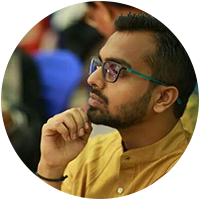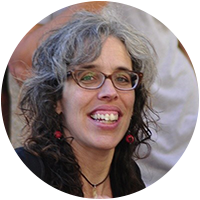KEYNOTE SPEAKERS
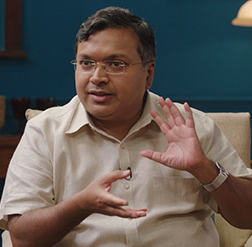
Devdutt Patnaik
A TedIndia 2009 speaker, Devdutt is a celebrated author of 30 books and 600 columns, with bestsellers such as My Gita, Jaya, Sita, Business Sutra and the 7 Secret Series. He writes on relevance of mythology in modern times, especially in areas of management, governance and leadership. Also trained in medicine, he worked for 15 years in the healthcare and pharma industries before he focussed on his passion full time. His TV shows include Business Sutra on CNBC-TV18 and Devlok on Epic TV. He consults organisations on culture, diversity and leadership and also consults various television channels and filmmakers on storytelling.
Key Note: Understanding and deciding symbols of Sanatan: The Hindu notion of fragility
The Hindu worldview sees the world as without beginning, without end and always changing, going through cycles repeatedly. It is never static or permanent. Same is true of the body that ages and eventually dies, again and again and again. It in this cyclical change is the Sanatan - the everlasting. These beliefs have shaped the Indian business ethos as well - and created a culture that has anticipated change as the norm.
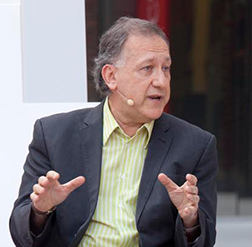
Carlos Scolari
Carlos Scolari has lectured in more than 25 European, Asian and Latin American countries about semiotics, digital interfaces, media ecology/evolution, and transmedia storytelling. He holds a Ph.D. in Applied Linguistics and Communication Languages (Catholic University of Milan, Italy) and a Degree in Social Communication (University of Rosario, Argentina). He is Associate Professor (tenure) at the Department of Communication of the University Pompeu Fabra - Barcelona, and also the Principal Investigator of the Horizon 2020 “Transmedia Literacy” research project (2015-2018).
Key Note: The Laws of the Interface
The main objective is to expand the concept of /interface/ beyond the traditional /user-interface/ and to put it at the centre of an eco-evolutionary approach to technological and societal transformation. The Laws of the Interface synthesize in straight forward language a basic set of principles that integrate reflections and experiences from different scientific and professional fields, from Design and Media Ecology to Semiotics, Actor-Network Theory, and Complexity Theory. From this perspective; political parties, schools, libraries or cities are old interfaces designed for the industrial society; now they are in crisis and perhaps should be redesigned.

